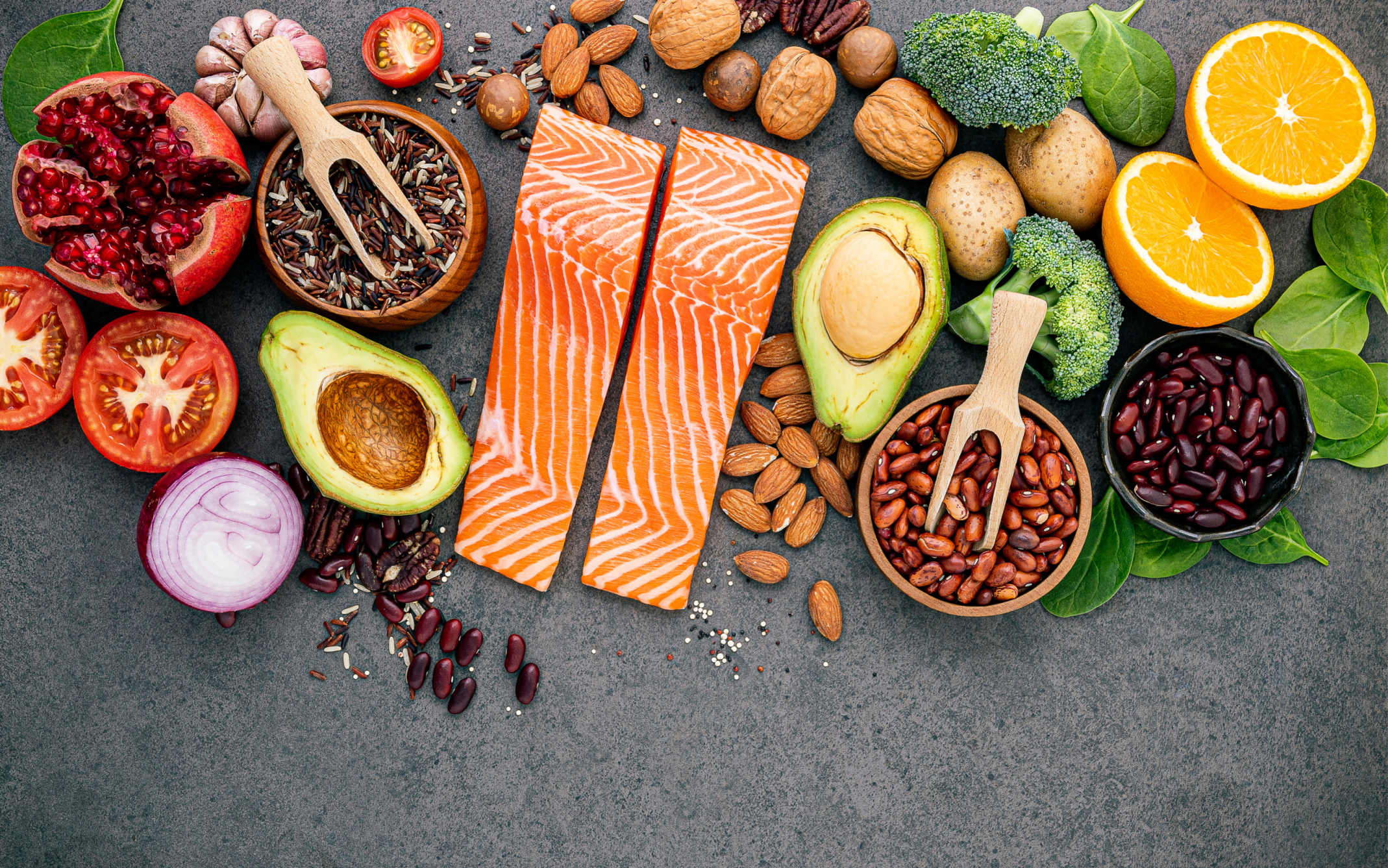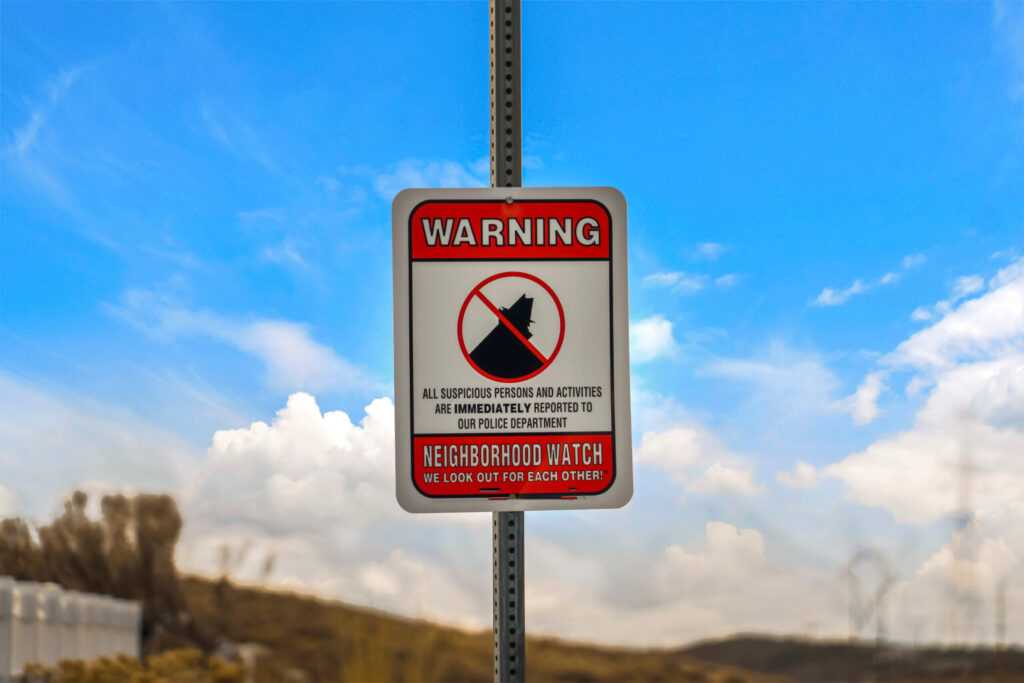Pennsylvania Lawmakers Take a Stand Against Toxic Food Ingredients—Will Your Favorite Snacks Be Affected?

A bipartisan legislative package introduced by Rep. Natalie Mihalek and Rep. Melissa Shusterman is working to remove dangerous chemicals from Pennsylvania’s food supply. With the goal of protecting consumers and ensuring food safety, the legislation targets harmful additives that have long been linked to various health risks, including cancer and behavioral issues. “Food affects every single one of us,” said Mihalek. “The list of health issues related to poisons like Red Dye No. 3 are well documented. It has been linked to hyperactivity in children and cancer, and the FDA banned it from cosmetics over 30 years ago, but we can’t wait any longer for the feds to act on our food supply.” Shusterman echoed these sentiments, emphasizing the need for safer food in the state’s stores. “Worrying about health risks contained in the additives in foods should not be something consumers have to add to their grocery lists,” she said.
The legislation includes two key bills. House Bill 2116, sponsored by Mihalek, would ban several harmful food dyes, including Red Dye No. 3, Red Dye No. 40, Yellow Dye No. 5, Yellow Dye No. 6, Blue Dye No. 1, and Blue Dye No. 2. These artificial dyes have been shown to negatively affect children’s health, causing issues such as hyperactivity, irritability, and developmental delays, with no nutritional value. House Bill 2117, authored by Shusterman, focuses on other dangerous chemicals, including potassium bromate, brominated vegetable oil (BVO), and butylated hydroxyanisole (BHA). These chemicals, like many others, have been linked to cancer and other serious health problems.
Mihalek’s push for these bills is part of a larger effort to protect Pennsylvanians from harmful ingredients that have slipped through the cracks of current regulation. She highlighted the problematic “Generally Recognized As Safe” (GRAS) loophole, which allows food manufacturers to add chemicals to food without proper FDA approval or scientific review. “For decades, food manufacturers have exploited this loophole, adding new chemicals without ensuring their safety,” Mihalek explained. This legislation aims to hold companies accountable and ensure that chemicals used in food are proven to be safe.
Rep. Mihalek also introduced House Bill 1130, which requires food manufacturers to disclose the use of GRAS substances and provide documentation proving the chemicals’ safety when used in food. This bill aims to ensure transparency and protect consumers by requiring companies to substantiate the safety of these substances before they reach the food supply. In addition to this, House Bill 1134 would mandate that food products containing artificial dyes carry a warning label, making it easier for consumers to make informed choices. This bill targets the use of dyes like Red 40, Blue 1, Blue 2, Yellow 5, Yellow 6, and Green 3, which research has shown can lead to health problems, especially in children.
The legislative package also includes several other bills designed to enhance food safety in Pennsylvania. One such bill, House Bill 1132, defines ultra-processed foods (UPFs), a rapidly growing category of foods that often contain chemicals and additives that may be harmful. UPFs make up a significant portion of the American diet, and research continues to show their link to various health issues, from obesity to cognitive decline. Meanwhile, House Bill 1135 focuses on banning the use of Paraquat, a dangerous pesticide linked to Parkinson’s disease and childhood leukemia. Despite being banned in over 70 countries, Paraquat continues to be used in the U.S., and this bill seeks to end its use in Pennsylvania’s agricultural sector.
This legislative push represents a crucial step toward cleaning up the food supply and ensuring that consumers in Pennsylvania—and across the U.S.—have access to healthier, safer options. Mihalek emphasized that food can be both medicine and poison, and the state cannot afford to sit idly by as harmful chemicals infiltrate the food supply. “We must take action now,” she said. “Our food is literally killing us, and it’s time for a change.” As the bills continue to make their way through the legislative process, they offer a clear path for other states to follow, setting a higher standard for food safety and consumer protection nationwide.
RECENT










BE THE FIRST TO KNOW
More Content By
Think American News Staff











